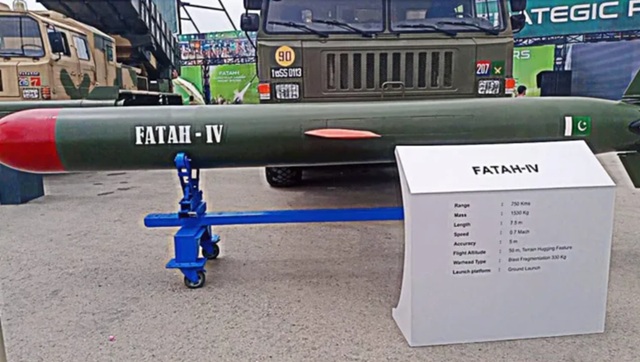ISLAMABAD, August 21, 2025 — Chinese Foreign Minister Wang Yi arrived in Pakistan today for a pivotal three-day visit, warmly welcomed by Deputy Prime Minister and Foreign Minister Senator Mohammad Ishaq Dar at Nur Khan Airbase. The visit, which includes co-chairing the sixth round of the Pakistan-China Foreign Ministers’ Strategic Dialogue, underscores the deepening of the “All-Weather Strategic Cooperative Partnership” between Beijing and Islamabad. Against a backdrop of regional volatility and shifting global alliances, Wang Yi’s trip signals China’s unwavering commitment to its closest South Asian ally.
The agenda is packed with high-stakes discussions, from advancing the China-Pakistan Economic Corridor (CPEC) to addressing security concerns and navigating regional dynamics. The visit follows a intensified India-Pakistan tensions, notably after the April 2025 Pahalgam attack, which killed 26 and sparked a brief military standoff. Wang Yi’s stop in Islamabad comes on the heels of talks in New Delhi, highlighting China’s delicate balancing act between engaging India and bolstering Pakistan.
A Strategic Reaffirmation
The “ironclad” friendship between China and Pakistan, rooted in diplomatic ties since 1951, is a cornerstone of both nations’ foreign policies. The Strategic Dialogue will review bilateral relations, with a focus on expanding CPEC—a flagship of China’s Belt and Road Initiative. With billions invested in infrastructure, energy, and the Gwadar Port, CPEC remains a linchpin of economic cooperation. Pakistan seeks fresh Chinese investments in mining, agriculture, and industrialization to bolster its struggling economy, while China eyes strategic access to the Arabian Sea.
However, the visit isn’t just about economics. Security concerns loom large, with Beijing pressing Pakistan to protect Chinese nationals working on CPEC projects. Over 20 Chinese citizens have been killed in attacks since 2021, including a deadly October 2024 bombing in Karachi targeting engineers. Wang Yi is expected to push for enhanced measures.
Regional and Global Context
The timing of the visit is telling. Pakistan’s recent overtures to the United States, including engagements with President Donald Trump, have raised eyebrows in Beijing, which views Pakistan as a counterweight to the U.S.-India axis. China’s support for Pakistan’s stance on terrorism and sovereignty, coupled with its call for India-Pakistan dialogue, reflects a strategy to maintain influence over both rivals while prioritizing Islamabad.
The visit also ties into trilateral cooperation with Afghanistan, following a May 2025 meeting in Beijing where Pakistan and Afghanistan agreed to upgrade ties. China aims to extend CPEC into Afghanistan, promoting regional stability and countering U.S. and Indian influence. Yet, India remains wary, particularly after allegations of Chinese intelligence support to Pakistan during the May 2025 conflict, a charge Beijing denies.
Challenges and Opportunities
For Pakistan, Wang Yi’s visit is a chance to secure economic aid and reaffirm China’s backing against India. But balancing this with ties to the U.S. and Turkey could strain relations if Beijing senses a shift in loyalty. For China, the visit reinforces its South Asian foothold, though it must navigate Pakistan’s volatile security environment and India’s opposition to CPEC projects in Kashmir.
As Wang Yi and Dar sit down for talks, the world watches a partnership that shapes South Asia’s geopolitical chessboard. From economic corridors to military cooperation, the China-Pakistan alliance remains a force to be reckoned with, even as regional tensions and global rivalries test its resilience.
Discover more from Defence Talks | Defense News Hub, Military Updates, Security Insights
Subscribe to get the latest posts sent to your email.





